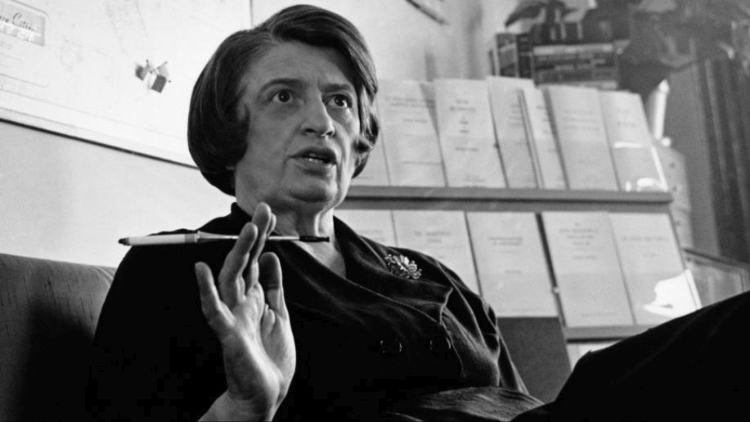Ayn Rand and Ethical Egoism

Ayn Rand.
Ethical egoism is a view that one can be self-serving and moral. Writer and philosopher Ayn Rand (pictured) constructed her own egoist theory called ‘Objectivism’. Remarkably, she did this through her works of fiction.
Rand’s philosophical outlook was based on a trichotomy: phenomena inside the mind (subjective), phenomena outside the mind (intrinsic), and phenomena between the two (objective). She then argued that it is ethical to rationally promote one’s own best interests to form objective knowledge on what they ought to do in each situation: what’s best for themselves.
Rand’s view is teleological because it brings purpose into morality. In Atlas Shrugged she wrote:
That is, it isn’t wrong to choose life and accept the opportunity—the purpose—of promoting our own interests. So if you want to be a charity worker to make yourself feel better, by all means do it! Self-interested acts are only immoral when they violate others’ individual rights (e.g. stealing).
Rand’s philosophy has been used by many on the political right to propel laissez-faire capitalism forward. Man, as ‘a heroic being’ with ‘reason as his absolute’, only has obligation to his own existence. Capitalism, in this respect, is an ‘ideal’ system because it treats humans as ends in themselves by respecting individual rights.
Rand’s views, however, are considered extreme, not least because people are generally uncomfortable about centring morality on selfishness; intuitively, they want morality to be something sacrificial. Rand even rejected altruism as a principle.
But isn’t there more to moral existence than ourselves?
